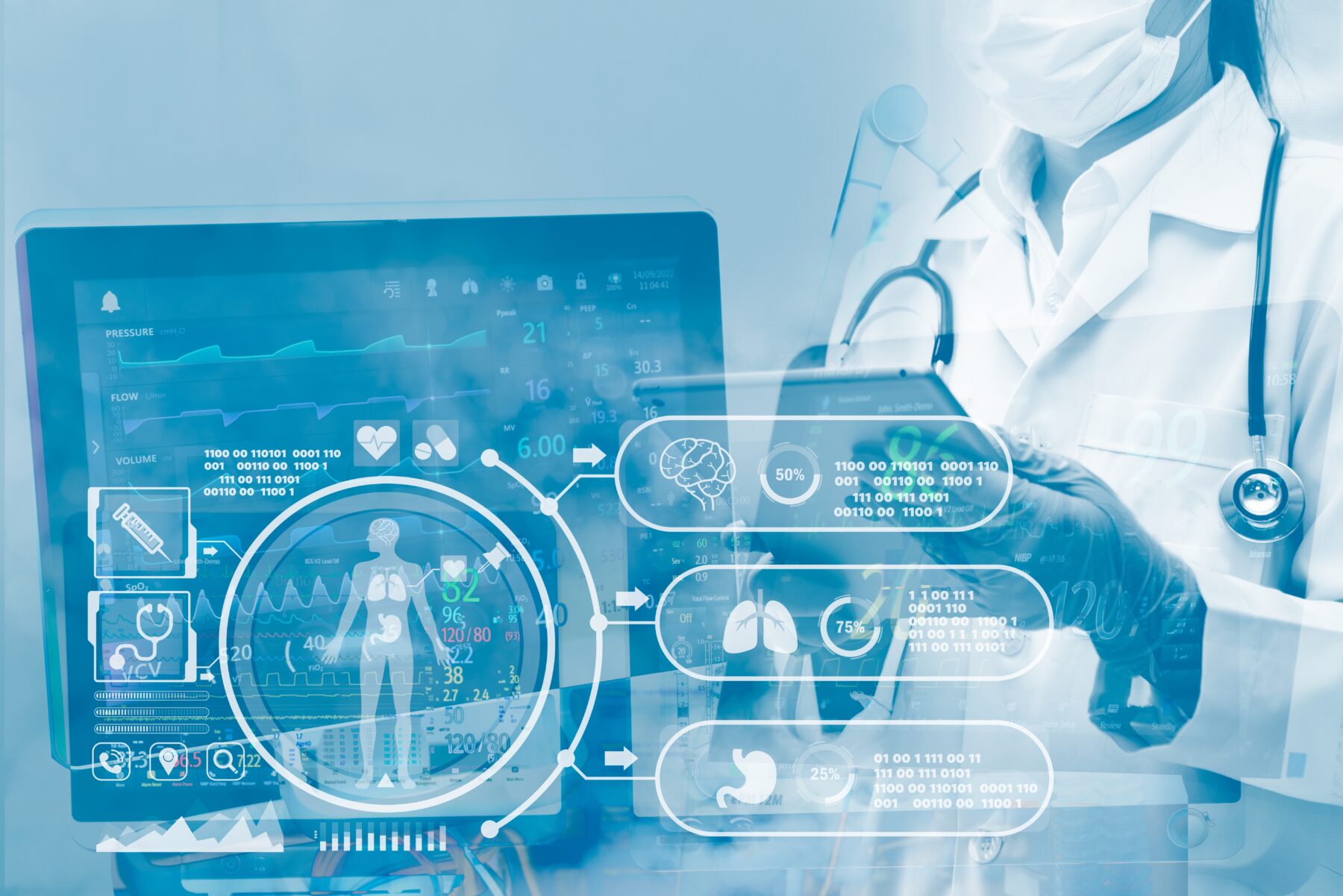The healthcare industry operates in a highly regulated and fast-paced environment that is rife with risks. As such, for healthcare organisations, one of the most important aspects of ensuring continuity is conducting comprehensive risk assessments.
Risk assessments allow these organisations to identify, assess, and take appropriate steps to mitigate risks while also making sure that continuous monitoring initiatives are in place. Common risks associated with the healthcare industry include regulatory compliance, privacy and confidentiality, patients’ rights, medication management, infection prevention and control, and environmental safety.
The advent of healthcare risk assessment software has considerably simplified the process of risk assessment in the industry with tailored solutions.
Role of healthcare risk assessment software
The nature of the risk faced can change depending on the type of healthcare provider. Risk assessment software has to take this diversity into account. A risk assessment software tailored to the healthcare industry usually performs the following:
- Manage risk and insurance programmes
- Ensure compliance with laws and regulations
- Enterprise risk management
- Ensure patient safety
- Quality management
- Third-party risk management
- Offer risk analytics and insights
Benefits of using a healthcare risk assessment software
As the risk landscape continues to evolve, it is in the best interest of healthcare providers to utilise risk assessment software to simplify their risk assessment process and gauge their level of risk exposure more comprehensively and conveniently. Here is how a healthcare provider can benefit from such software.
– Manage risks within a centralised system
Risk assessment software can manage all risks that can affect the organisation in a single centralised system, easing the process of identification and mitigation. This also makes formulating mitigation strategies, incident response plans, and continuous monitoring processes convenient.
– Create customised risk matrices
Creating risk matrices allows all stakeholders of the organisation to have an easily comprehensible glimpse of the risks and threat vectors. Risk assessment software allows healthcare providers to create effective risk matrices where they can prioritise risks, create mitigation strategies, and stay informed.
– Assist with regulatory compliance
Adhering to laws and regulations is a critical necessity in the healthcare industry as it ensures both patient safety and organisational continuity. Risk assessment software can help identify possible areas of non-compliance and assist in formulating mitigation strategies to address them appropriately.
– Simplify comprehensive analytics data
Assessing and continuously monitoring risks results in a wealth of data that can be used for strategic decision-making. However, the sheer scope of data can be overwhelming to manually extract valuable information from. Risk assessment software simplifies this process with comprehensive reporting and analytics.
– Reduce direct and indirect costs
In the process of preparing for risks, healthcare providers can also identify cost-saving opportunities, either through operational shifts or mitigation strategies associated with identified risks. Since risk assessment software makes risk identification simpler, organisations that use them can benefit more readily.
Capabilities of healthcare risk assessment software
The major capabilities of risk assessment software in the context of healthcare can be detailed as follows.
- Protecting patient data
Data protection is one of the most important tasks of a healthcare provider as data breaches can have dangerous consequences. With risk assessment software, organisations can identify and prioritise risks, such as data breaches, and insider threats. It also allows for continuous monitoring to ensure the security and integrity of healthcare data in real time. - Improving personnel safety
Ensuring the protection of both patients and healthcare professionals within the organisation is a necessity. Risk assessment software allows healthcare providers to identify risk factors such as disease breakouts, conduct health and safety, and environmental hazard assessments, and implement security controls that can address these incidents adequately. - Maintaining regulatory standards
Gaps in compliance can result in dire consequences for healthcare providers. Keeping track of compliance with regulatory requirements such as HIPAA, HITECH, and GDPR is necessary to ensure safety and continuity. Risk assessment software can help automate the process of maintaining compliance standards and implementing treatment plans to address compliance gaps. - Reducing operational costs
Continuously monitoring the risk landscape allows healthcare providers to be consistently aware of potential healthcare security incidents that can impact the organisation’s bottom line. Risk assessment software helps create insight-backed remediation measures that can address these incidents and allows for easy communication of policy to all stakeholders.
Leverage robust risk assessments solutions to enhance healthcare risk management
The healthcare industry is exposed to a plethora of risk vectors but the adoption of risk assessment software has resulted in a massive increase in the capability of healthcare providers to identify, assess, and mitigate risks promptly.
This has helped them provide better healthcare while protecting their assets and information.





